 Abraham Lincoln
If given the truth, the people can be depended upon to meet any national crisis...
Abraham Lincoln
If given the truth, the people can be depended upon to meet any national crisis...
 Guildford news...
for Guildford people, brought to you by Guildford reporters - Guildford's own news service
Guildford news...
for Guildford people, brought to you by Guildford reporters - Guildford's own news service
Rock ‘n’ Roll Milestones: Radio Luxemburg
Published on: 9 Jun, 2019
Updated on: 9 Jun, 2019
In his latest feature on Milestones in Rock’n’Roll history, Dave Reading remembers Radio Luxembourg and the immense influence it had on our culture and on the development of music.
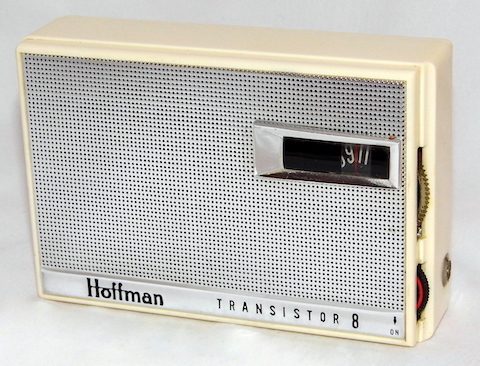 It’s September 1958. A 13-year-old boy is lying in bed with his head buried under the covers, shining a torch at the dial of his little radio. The remains of his boyhood are scattered across the carpet beside the bed: an old copy of The Eagle, his Meccano set, a book of cigarette cards showing pictures of cricketers. They are discarded possessions, no longer important to him.
It’s September 1958. A 13-year-old boy is lying in bed with his head buried under the covers, shining a torch at the dial of his little radio. The remains of his boyhood are scattered across the carpet beside the bed: an old copy of The Eagle, his Meccano set, a book of cigarette cards showing pictures of cricketers. They are discarded possessions, no longer important to him.
The muffled sound of Perry Como’s Catch a Falling Star drifts up through the bedroom floor. Normally his parents watch TV at this time of night, but sometimes they switch off and play records: easy listening songs by Pat Boone, Frankie Vaughan and Ronnie Hilton. Or the one that’s playing now, with its sugary sentiments that are incomprehensible to a 13-year-old kid.
Catch a falling star and put it in your pocket,
Never let it fade away.
Catch a falling star and put it in your pocket,
Save it for a rainy day.
He winces and shakes his head in disbelief at his parents’ poor taste. Holding the torch with one hand, he turns the dial of his radio with the other until he gets a screech of distorted noise. He steadies the dial, moving it slightly until finally he finds a signal.
This is Radio Luxembourg…..
But the signal is weak and the voice fades away, so he moves the dial again, just a fraction, until there is a burst of something glorious. He hasn’t heard anything like it before. The sound rushes through him in waves. He knows about rock ‘n’ roll, of course, everyone does, but those subversive records are banned from the house and he hasn’t given them much thought. Until now.
Well my mom and poppa told me, Son you gotta make some money,
If you want to use the car to go ridin’ next Sunday.
Well I didn’t go to work, told the boss I was sick
Well you can’t use the car ’cause you didn’t work a lick’.
The voice, the guitar, the rhythm, they all lift him to a place he has never been before. Something in his life is different, and he is struggling to know what it is. When the song ends, he learns who it was making him feel like that.
That was Eddie Cochran, at Number 18 this week with Summertime Blues.
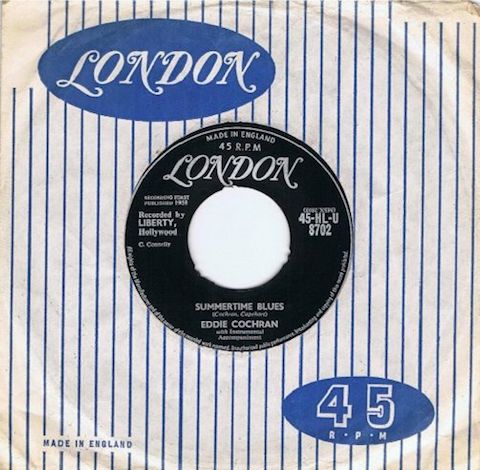 When he wakes up next morning, he knows what he wants to do with his life. He wants to be that guy on the record.
When he wakes up next morning, he knows what he wants to do with his life. He wants to be that guy on the record.
The experience I’ve described will be recognised by music fans everywhere as the Eureka moment: the moment they discovered rock ’n’ roll.
Over the years a multitude of songs have had that power to influence lives. It wasn’t just Eddie Cochran singing about the trials of teenage life who had that life-changing effect. For Keith Richards, it was Elvis’s Heartbreak Hotel; for David Bowie it was Little Richard’s Tutti Frutti; for many guitarists the motivating force was the sweet, resonant sound of Hank Marvin’s Fender Stratocaster. And for people of my generation, the defining moment came while tuning in late at night to Radio Luxembourg.
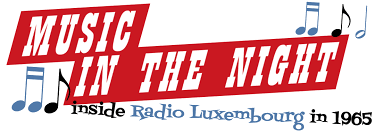 From its launch in 1933 to its shutdown in 1992, Radio Luxembourg had a seminal influence on generations of listeners. In the 1950s and 1960s, the ‘Station of the Stars’ was an expression of freedom with an almost forbidden quality, and therefore it had a major impact on society. Most importantly, it was a source of inspiration for dozens of would-be musicians who went on to become stars.
From its launch in 1933 to its shutdown in 1992, Radio Luxembourg had a seminal influence on generations of listeners. In the 1950s and 1960s, the ‘Station of the Stars’ was an expression of freedom with an almost forbidden quality, and therefore it had a major impact on society. Most importantly, it was a source of inspiration for dozens of would-be musicians who went on to become stars.
Radio Luxembourg was different in every way to BBC radio. Its DJs were free and easy, and it sold air time for commercials and sponsored programmes. One voice familiar to every listener was that of Horace Batchelor, whose ‘Infra-Draw Method’ was supposed to increase the chances of winning large sums of money on the football pools. Thanks to these ads, the obscure West Country town of Keynsham became a household name throughout the UK.
Of course, Radio Luxembourg wasn’t the only catalyst at work. Later on, other commercial stations, as well as the BBC, proved inspirational. Interviewed by the NME, Graham Coxon of Blur named the Beatles’ Revolution as a key song in his early life; Johnny Lloyd of the Tribes picked Tumbling Dice by the Rolling Stones; and Justin Young of The Vaccines chose Elvis’s Hound Dog. Sting has written about the first time he heard the Beatles’ Love Me Do on the radio, describing how he found the sparseness of the sound revolutionary.
 But it was Radio Luxembourg that led the way. The station’s biggest audience, estimated at 10 million, was on Sunday nights in the Sixties when it broadcast the top 20 hits in an hour-long sponsored programme. Schoolkids of 13 or 14 would stay awake until gone midnight because they had to have the big news: what was Number One in the charts?
But it was Radio Luxembourg that led the way. The station’s biggest audience, estimated at 10 million, was on Sunday nights in the Sixties when it broadcast the top 20 hits in an hour-long sponsored programme. Schoolkids of 13 or 14 would stay awake until gone midnight because they had to have the big news: what was Number One in the charts?
Radio Luxembourg was unable to survive modern times. An English-language classic rock digital station began in 2005 and was briefly available in the UK but the transmitter power was reduced and by 2008 was not receivable outside Luxembourg itself. The digital station continues broadcasting over the Internet.
Recent Articles
- Guildford Man On Assault Charge
- Letter: Reduced Speed Limits Will Save Lives
- Major Disruption on the Railway During Hot Day in 1900
- Notice: GTA Exchange Art Exhibition June 18-21
- Letter: I Would Rather Have Potholes Filled
- New Parish Councillor Says Funds from Developers Must Benefit the Local Community
- Tests at Paddling Pool Showed Water Was Too Alkaline, Says GBC
- Letter: Our Residents Want CIL Money Properly Used for Infrastructure Without Delay
- Charity’s New Programme Meets Needs of SEND Children Without School Places
- Pasta Evangelists to Open First Restaurant Outside London – Right Here in Guildford


Search in Site
Media Gallery
Dragon Interview: Local Artist Leaves Her Mark At One of England’s Most Historic Buildings
January 21, 2023 / No Comment / Read MoreDragon Interview: Lib Dem Planning Chair: ‘Current Policy Doesn’t Work for Local People’
January 19, 2023 / No Comment / Read MoreA3 Tunnel in Guildford ‘Necessary’ for New Homes, Says Guildford’s MP
January 10, 2023 / No Comment / Read More‘Madness’ for London Road Scheme to Go Ahead Against ‘Huge Opposition’, Says SCC Leader
January 6, 2023 / No Comment / Read MoreCouncillor’s Son Starts Campaign for More Consultation on North Street Plan
December 30, 2022 / No Comment / Read MoreCounty Council Climbs Down Over London Road Works – Further ‘Engagement’ Period Announced
December 14, 2022 / No Comment / Read MoreDragon Interview: GBC Reaction to the Government’s Expected Decision to Relax Housing Targets
December 7, 2022 / No Comment / Read MoreHow Can Our Town Centre Businesses Recover? Watch the Shop Front Debate
May 18, 2020 / No Comment / Read More






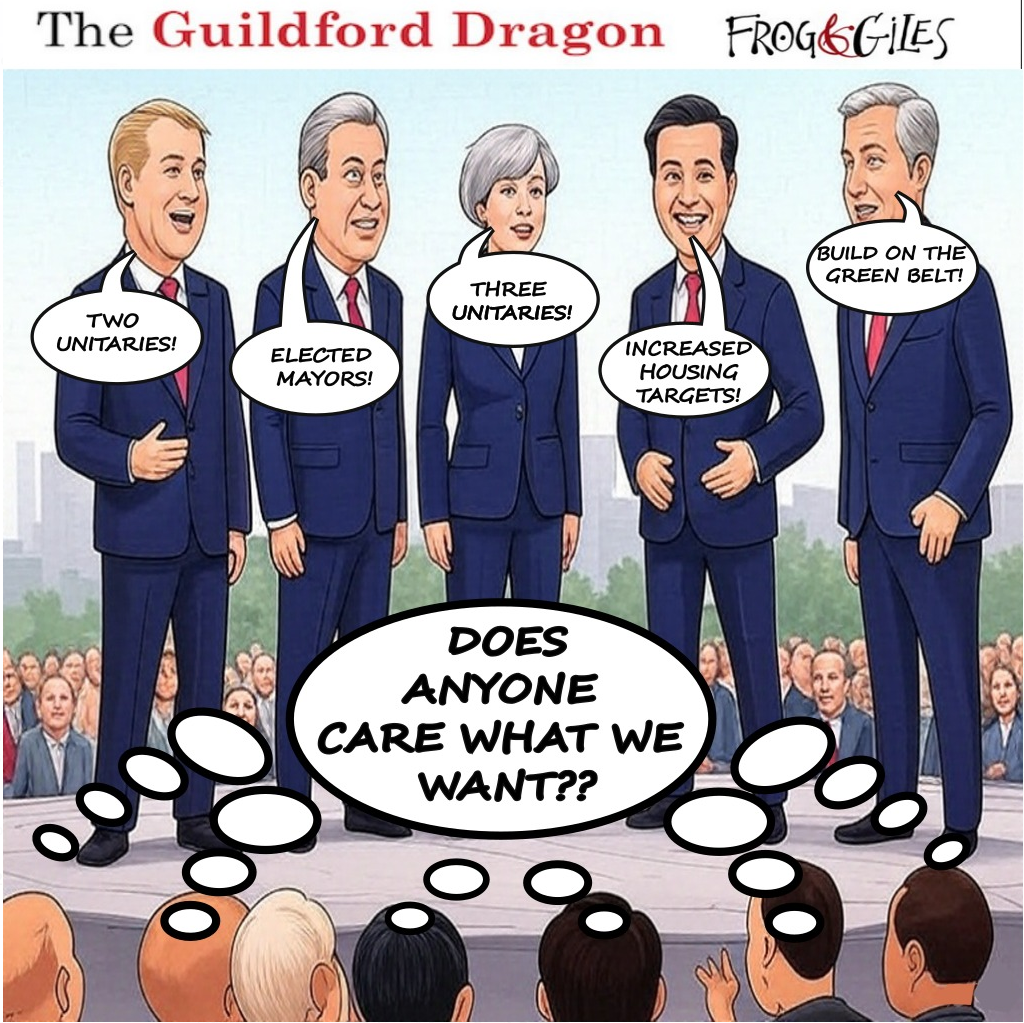
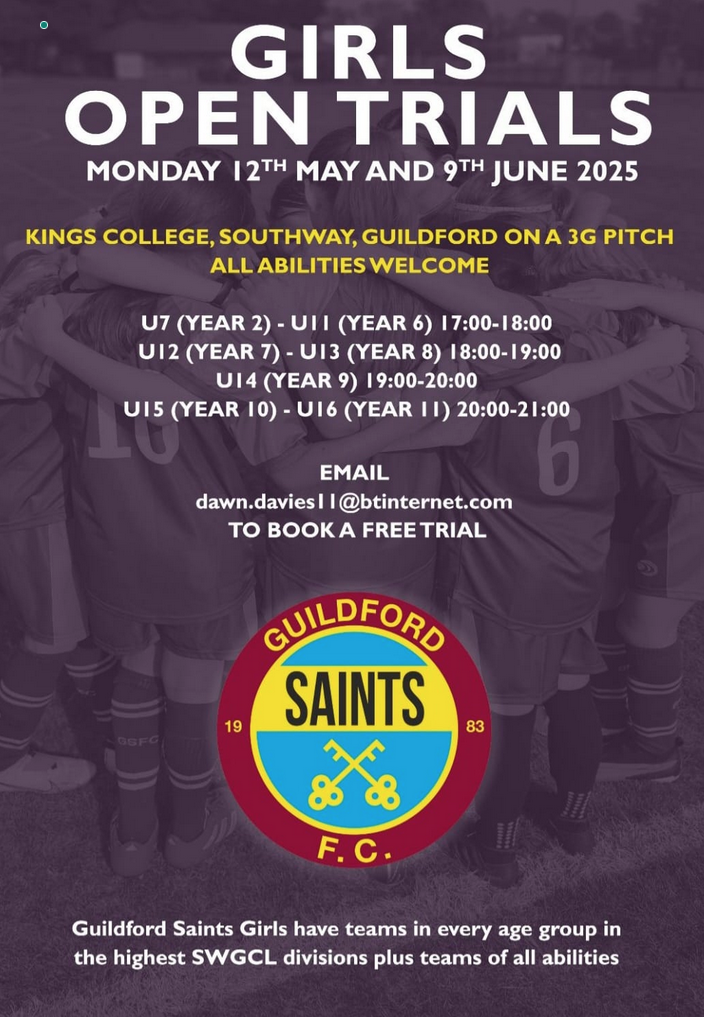


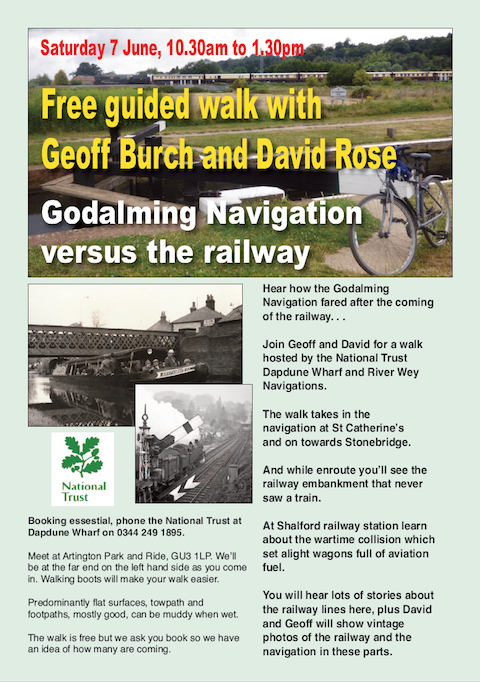
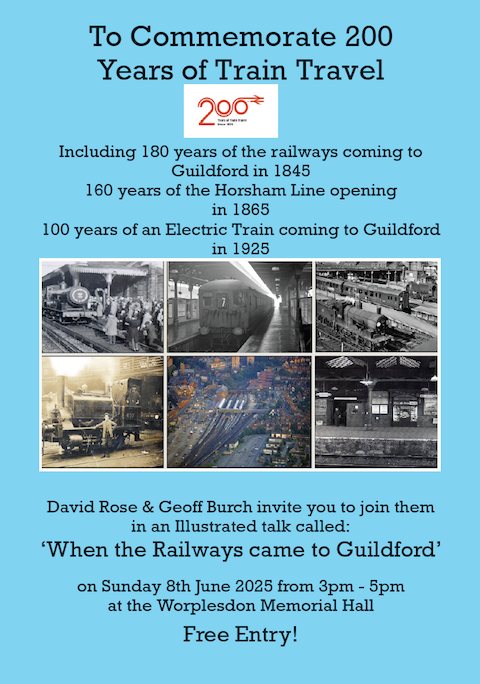

Recent Comments